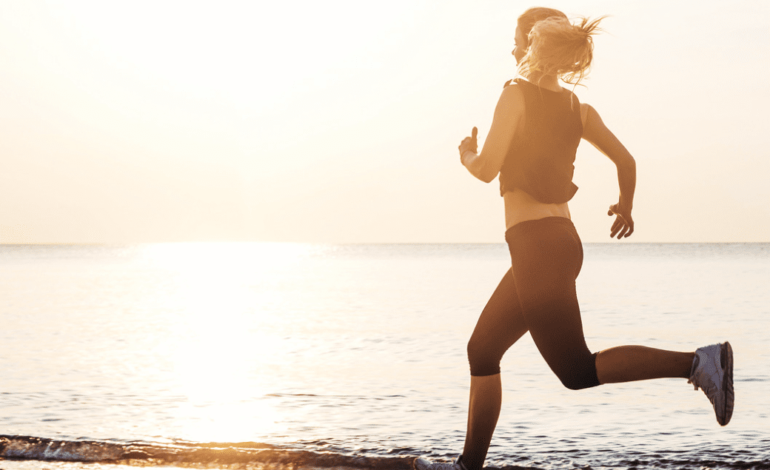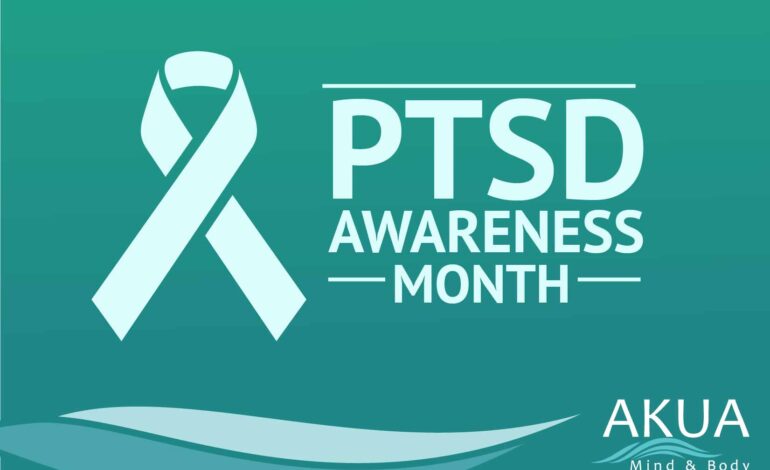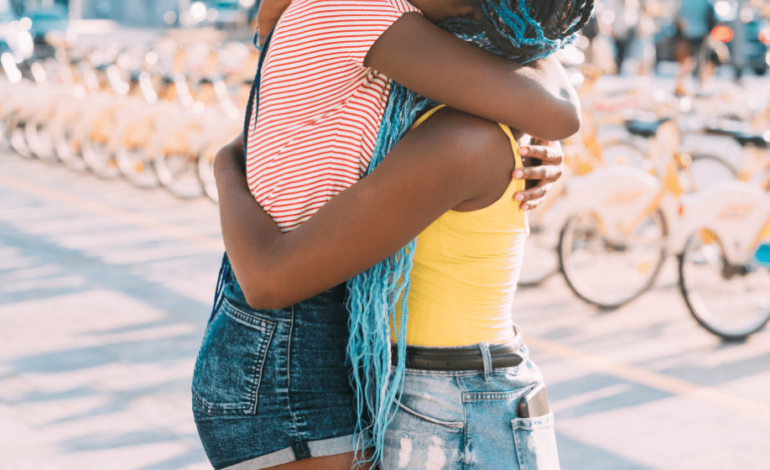This summer seems like the first “normal” summer since the COVID-19 pandemic when the world shut down. People travel again, take family vacations, and enjoy time outside with their loved ones. This may be the first time you have taken a vacation since the start of COVID-19 or taken a vacation since you have been in recovery. This also may be your first summer in recovery. These summer months are full of fun outdoor events and gatherings with friends and family. Unfortunately, they have something else in common: alcohol.
Refraining from alcohol and staying strong in your recovery from alcohol throughout the summer might feel a little daunting. You might be tempted to skip out on all the fun in the sun to protect your sobriety–or you might go into these events without considering the risks.
It is essential to set some time aside to think about your recovery and how you can protect your recovery during the summer while still enjoying the sunshine and outdoors. Vacations can be particularly challenging for those in recovery since our mainstream society connects vacations with alcohol. However, there are healthy ways to enjoy your summer vacation without giving in to your urges or cravings.
Fun summer sober activities:
● Get outside: hiking, boating, running, or biking!
● Go camping
● Attend an outdoor sporting event or join a local softball or volleyball league
● Go to a local fair or amusement park.
● Go on a road trip for a day or a weekend.
Tips for a healthy recovery in the summer
● Always have an out: If you plan to attend a summer event or a vacation where alcohol will be present, always have a safe exit route in case any triggers re-surface. Drive yourself, don’t rely on others for transportation, and don’t get stuck spending the night if you feel triggered. Awareness of your triggers, whether people, places, or things, is essential. If you encounter someone who you have a strained relationship with, or if you find yourself feeling overwhelmed, stressed, angry, or having urges or cravings, physically remove yourself from the situation immediately. With this said, you must know and recognize your triggers beforehand so you can navigate yourself out of a potentially risky situation.
● Set boundaries: Learning to say “no” can be difficult for anybody in any situation, especially for those in early recovery. You might not be ready to let people know you’re now sober and have been through treatment for substance use disorder — and that’s okay. It is a profoundly personal experience; you should only share it when you’re truly ready and not because you felt pressured into it. As such, you should have your explanations prepared as to why you’re not drinking so that you don’t feel you’re not feeling cornered into giving in to peer pressure or exposing that you went to rehab before you’re ready to.
Some lines you can use include:
○ “I’ve got a drink; I’m good!” By holding a club soda with a slice of lime, you can get away with the appearance of drinking so that you don’t get questioned.
○ “I’m on medication right now, so I can’t drink.” Antibiotics are famous for being ineffective when mixed with alcohol, so by telling your friends that you’re on them, they will be none the wiser and likely backoff.
○ “I have an early morning tomorrow.” Even if you don’t, pretending that you have an early morning the next day and not drinking to avoid a hangover is understandable for most people.
● Make Sure You Have an Ally: Make sure there is someone at the party who has your best interests in mind. Throughout your recovery, you will find that many people along the way will try to “break” or “test” your sobriety, and having an ally on hand can help you feel better in peer-pressure situations. In addition, having an ally present will allow you to express how you’re feeling in the moment and get support then and there instead of waiting. Even if you plan on attending a meeting or calling your sober support after the party to check -in, there’s nothing better than having that instant comfort of expressing how you feel in the moment.
● Expect Your Routine Might Shake Up: As you know, people in recovery thrive on a routine. Understanding that your routine will shake up a bit here and there is a part of navigating summer activities in recovery. Be flexible. Also, remember that COVID-19 is ever-changing, and your plans could change due to new restrictions. Although sticking to your daily routine is essential, it is also important to remember that being flexible, especially when traveling, is essential, even though it may be challenging at some points.
Some examples might include:
○ Not being able to wake up early for your usual morning routine after a late night out
○ If traveling, not having access to your regular foods or drinks
○ Sharing a living space and bathroom space with others while traveling
○ Indulging in too much junk food and not keeping up with a regular fitness routine due to a busy social schedule
The best way to navigate this is by expecting it, preparing for it, and understanding that you have complete control over getting it back on track after the summer activity.
● Keep in touch with your recovery support group when on vacation: Just because you are on vacation and your routine may be shaken doesn’t mean you cannot stay in touch with your recovery support group or therapist. Regardless if you have busy summer plans or are traveling, checking in with your therapist or support group is a crucial part of your recovery journey. You can check-in and share your thoughts, successes, challengings, and emotions virtually.




